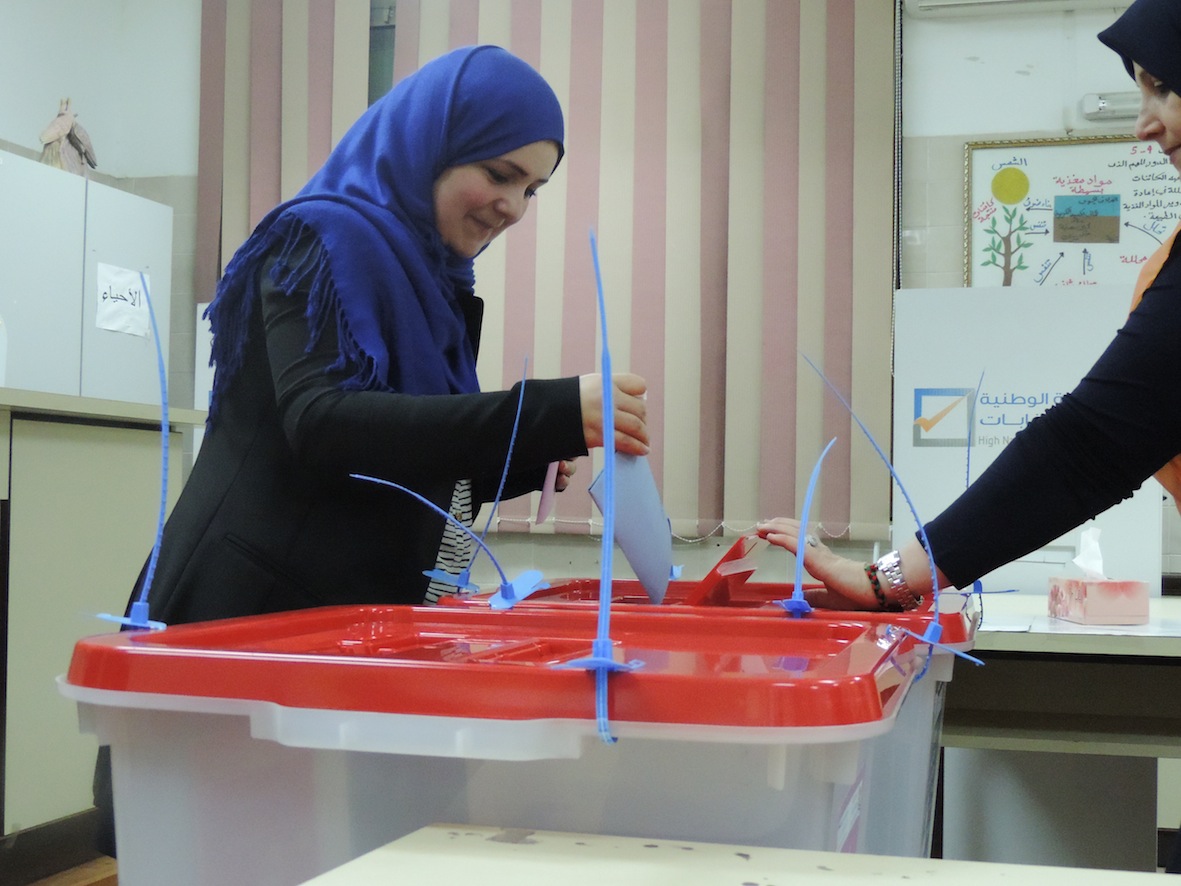By Callum Paton.
Tripoli, 20 February 2014:
The only Tawerghan nominated for elections to the constitutional drafting committee has said displaced inhabitants in . . .[restrict]his town are not being left behind in post-revolution Libya.
Of 40,000 Tawerghans displaced in the aftermath of the revolution and scattered across Libya, living either in refugee camps or with friends or family, only 4,000 had registered to vote in today’s elections.
Zaid Shaaban Abu Tabel, who lives in Benghazi, is the only candidate from Tawergha. He standing in the district the includes Beni Walid, Al-Bisha and Al-Washqa.
Tabel told the Libya Herald, however, that Tawerghans were no different from other Libyans. Low registration was a result of a dissatisfaction which was not exclusive to any particular group in the country.
He added that Tawerghans had no desire to be viewed as a minority group, as was the case with the Tuareg and Tebu communities. He said a status as a minority was something Tawreghans “could not bear”.
Tawergha’s Local Council, which operates out of Tripoli, had said in October that it would boycott elections to the Constitutional Committee but then retracted shortly afterwards.
Recognised by the Higher National Election Commission as displaced people, Tawerghans can vote, if registered, at any one of 16 polling stations in Sirte, Khoms, Tripoli, Sebha, Ghadames, Tobruk, Beida, Benghazi or Ajdabiya. Seven of these polling centres are located within refugee camps.
Emad, a Tawerghan refugee living with friends in Benghazi, said he was planning to vote for Tabel but that most people he knew had decided not to vote. Having left Tawergha in August 2011, he said he had sympathy with those Tawreghans who would not be voting.
“The camps are like a zoo or prison. They are a disaster,” he said. “The government is afraid to touch this issue.
“I’ll vote because it’s my right and it’s better than doing nothing. But it will not change very much.”
Jeroen Spaander, a founder of the Tawerga Foundation, an international organisation advocating for Tawergan rights, said apathy came from a “winners and losers” mentality.
He added, however, that there was increasing dialogue between Misrata and Tawergha Local Councils and that progress was being made in returning displaced Tawerghans to their homes. [/restrict]







